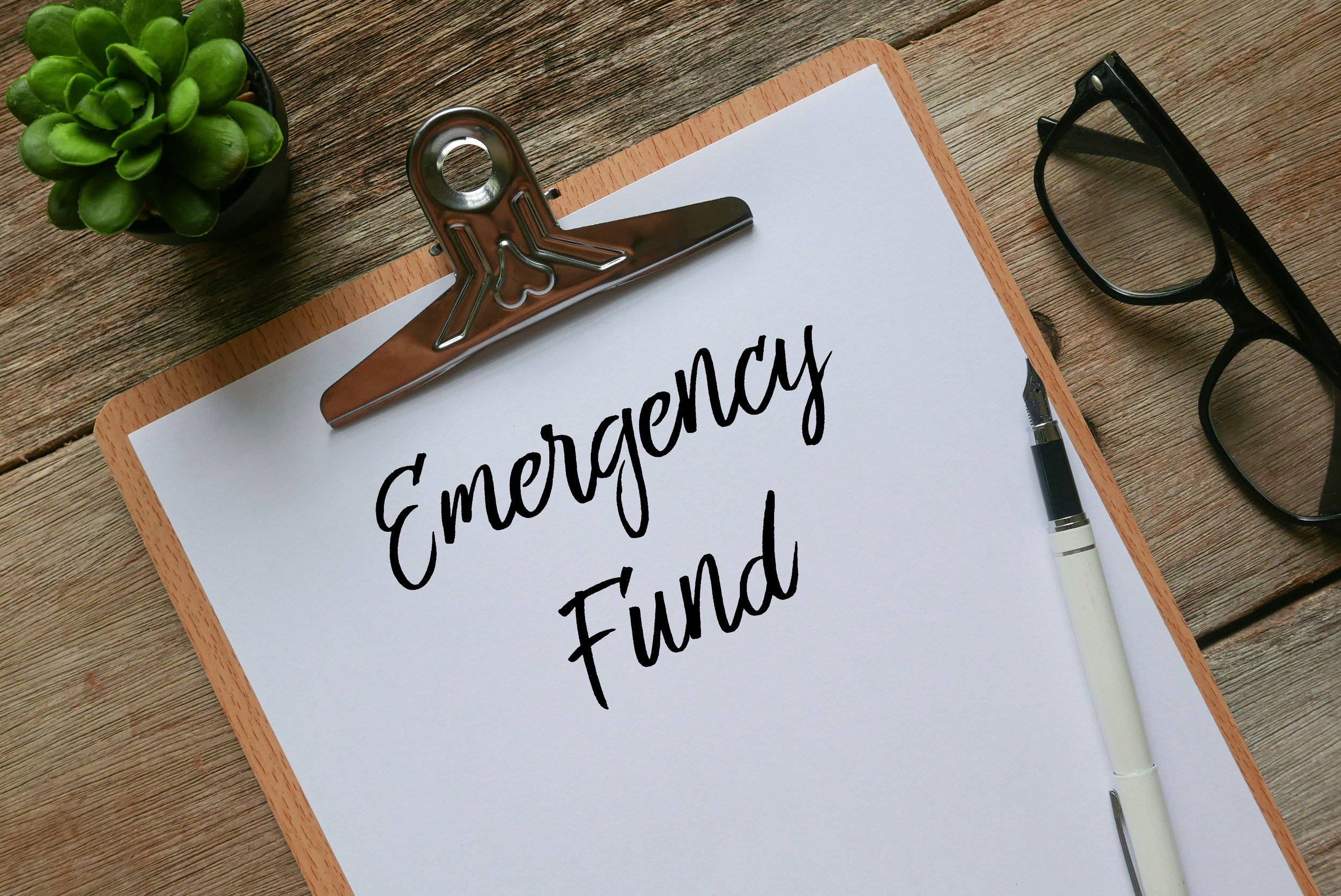Emergency Funds: How much is enough? Or too much?
Surprisingly, the proper amount of money in one’s emergency fund is a matter of intense debate regarding stewardship and generosity. This may be an application of Sayre’s law, which states, “In any dispute, the intensity of feeling is inversely proportional to the value of the issues at stake.” In other words, The more trivial the matter, the more intense the dispute. So, since emergency funds aren’t all that exciting, the debate often gets heated.
However, emergency funds are more likely hotly debated because of three primary issues. First, the common wisdom on emergency funds is simplistic and only works well for people early in their careers. Second, emergency funds are a focal point for multiple core issues in our financial discipleship. Although we endeavor to rely on God for our current and future needs, fear often creeps back to influence our financial security choices. And third, the purpose of an emergency fund changes throughout one’s lifetime. This article explores some of these perspectives and explains why I favor more robust emergency funds than many others.
Adjusting to Evolving Needs and Circumstances
The first dollars in your emergency savings fund provide a cushion against unfortunate events. Even deeply indebted people need a small emergency fund, so financial hiccups don’t become financial heart attacks. Otherwise, a dead car battery becomes more credit card debt or a payday loan.
As wealth increases and debt decreases, common wisdom suggests emergency funds should cover 3-6 months of living expenses. What used to cover mere financial hiccups now shelters you from pricey car repairs, moderate health expenses, and short-term job loss.
However, the common practice of designating 3-6 months of savings is often too simplistic. A few decades ago, I decided our family needed more cushion. We were a single-income household with a child at home. I worked as an investment manager, which carried a much higher risk of job loss than most positions. Bonuses were a significant portion of my earnings, making my compensation more volatile. My job wasn’t common, and if I lost it, I faced the risk of a long job hunt and the possibility of relocation. So, we used our “financial blessings” each year to build up our emergency fund. When I lost my job seven years ago, it was great to have a large emergency reserve to allow me to pursue the best possible opportunity instead of grabbing the next quick source of income.
Remaining Forward-focused
As life continues, the purpose of the emergency fund changes. A good question to ask is, Whose backstop are you? Kids who have moved out of the house don’t necessarily stop asking for money. A son whose car is one pothole away from being totaled might be on your list. Sometimes, a charity needs a cash infusion to make budget and buy some time to make a broader appeal. Other times, the emergency may be a sudden opportunity to serve or support a vital need. My wife and I used reserves to help a missionary who needed funds, even though it wasn’t part of our budget.
Looking ahead and adjusting to changing realities and life stages are critical to maintaining the right balance of reserves. My advice is to evaluate your risks and set a target reserve level. Adjust it each year for inflation and other expected or potential variables.
Guarding Against the Fear Factor
There are cases when our reserves move beyond the range of prudence to a tool to manage fear. A common tension in stewardship circles often arises from a concern that a large emergency reserve indicates a person’s tendency to serve both God and money (Matthew 6:24). Although this may not always be the case, we must consistently guard against the fear-based temptation to over-hoard, repeatedly asking God to search our hearts and know our thoughts (Psalm 139:23-24).
Life gets complicated—and making modest, prayerful sacrifices to build a healthy emergency reserve can help us avoid adding debt, liquidating investments prematurely, or withholding support from vital causes and opportunities in which God invites us to join Him.

